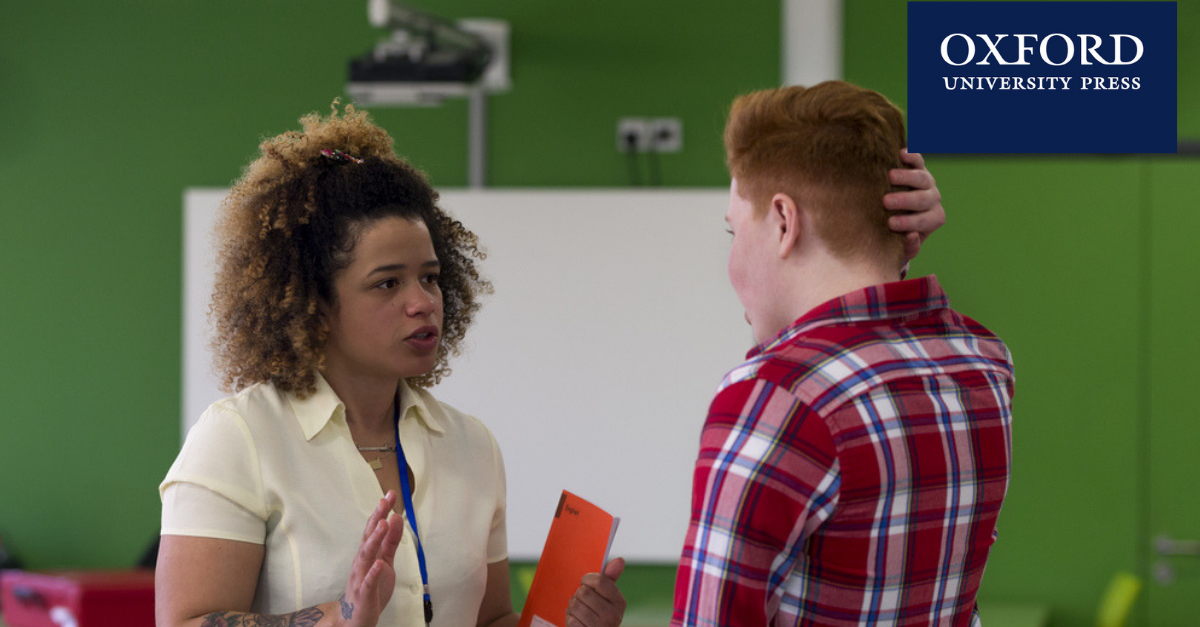 Do you remember when you were a teenager, arguing with your parents, thinking that adults ‘just don’t get it’! It’s a typical behaviour, it’s a stage that we all go through (well, most of us anyway)!
Do you remember when you were a teenager, arguing with your parents, thinking that adults ‘just don’t get it’! It’s a typical behaviour, it’s a stage that we all go through (well, most of us anyway)!
Adolescence is the phase of life between late childhood and early adulthood. It is a time not only of physical maturation but also of mental and emotional development. The major developmental tasks of adolescence include the establishment and nurturing of intimate relationships and the development of identity, independence, self-confidence, self-control, and social skills.
The Psychology
The beginning of adolescence is loosely anchored to the onset of puberty, which brings alterations in hormone levels and a number of consequent physical changes. Puberty onset is also associated with profound changes in drives, motivations, psychology, and social life; these changes continue throughout adolescence. New findings in developmental psychology and neuroscience reveal that a fundamental reorganization of the brain takes place in adolescence. In postnatal brain development, the maximum density of grey matter is reached first in the primary sensorimotor cortex, and the prefrontal cortex matures last.
Subcortical brain areas, especially the limbic system and the reward system, develop earlier, so that there is an imbalance during adolescence between the more mature subcortical areas and less mature prefrontal areas. This may account for typical adolescent behaviour patterns, including risk-taking. Developmentally, adolescents also tend to be more impulsive and emotional—they are more inclined to make impulsive decisions, engage in impulsive behaviour, and act recklessly compared to adults.
Adolescence is a time of amazing creativity, intensive emotionality, social engagement but also a time of taking risky decisions and behaviour. How can we use this capacity as teachers?
Seize the opportunity
First of all, we need to see the potential of this period of life of our students and treat it as an opportunity, not a curse. As teachers, we can take advantage of teenagers’ risky mindset to help them perform better at school and achieve better results. Risk taking and selecting difficult tasks is associated with having a growth mindset. Teachers can guide this risky behaviour by encouraging pupils to take chances in a safe and secure environment, the students could face more challenges without a fear of failure. It is extremely important to provide an environment for teenagers where they feel safe to make mistakes and explore reality without being criticised.
Working with teenagers may also be difficult because many of them cannot cope with emotions and they experience teen depression or social anxiety syndrome. Sometimes it is difficult for a teacher to understand that irritable or apathetic adolescents might be experiencing depression. Teenagers easily develop feelings of worthlessness and inadequacy, often they are oversensitive to their peers’ opinions and how they perceive to be perceived.
We all know that most teens may feel unhappy and withdrawn at times as their moods swing unpredictably, but if you notice that your student’s unhappiness lasts more than two weeks and he or she displays other symptoms, it is necessary to react and seek a professional help. Teens with depression will have a noticeable change in their thinking and behaviour. They may have no motivation to learn or do anything, difficulty with concentration and memory loss. You may also see such symptoms as apathy, difficulty with making decisions, irresponsible behaviour, sadness, anxiety, feelings of hopelessness, and regular complaints of pains (headaches, stomach-aches), and compulsive overeating.
What can we do as teachers? Firstly be understanding, supportive, and patient. There is nothing more important for a teenager as having a supportive adult. Teachers play a vital role in this developmental period because often teenagers are more likely to listen to them than their parents who are perceived as enemies. Teachers should utilise their need for creative exploration and novelty by running interesting, engaging, and inclusive lessons; allowing students to explore and build their sense of autonomy and internal locus of control. Providing a psychological safety and inclusive climate in the classroom helps teenagers learn. Investing in positive relations with teenagers will improve learning outcomes. Remember that teenagers will not learn from teachers they dislike!
Interested in this topic? Missed November’s webinar? Click here to catch-up and watch the recording!
Alicja Ga??zka is a psychologist, linguist, ICI Vice President for Coaching in Poland, trainer and international educator. Lecturer and researcher in the university setting, and in multiple private institutions. A graduate of the University of Silesia and the School of Education at the University of Exeter, UK. Alicja is also a speaker and trainer in the field of international communication, creative thinking and problem solving, the development of social and emotional intelligence and the optimization of each individual’s potential, drama etc. She is also a regular event speaker for Oxford University Press Poland!


Very interesting. Thank You
Great. An eye opener. Thank you.
Amazing sum-up of most important points, thank you!